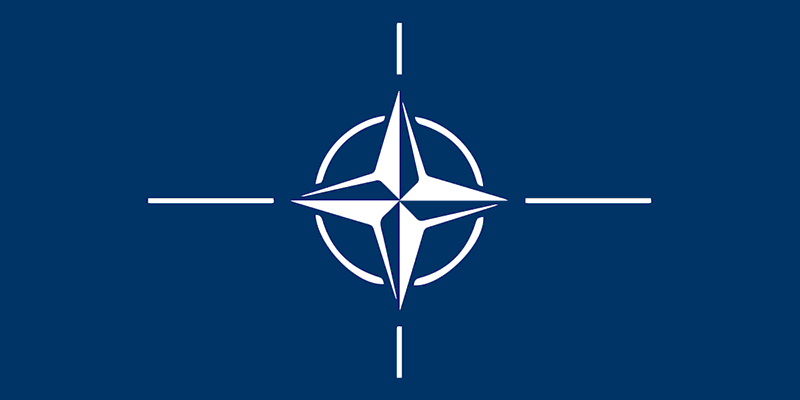NATO defense ministers will wrap up important meetings in Brussels later today ahead of a crucial summit of the alliance’s heads of state in Madrid at the end of June. This is a crucial moment in the history of the world’s largest-ever and most successful security alliance. Russia’s war on Ukraine has given the organization a sense of unity and purpose it hasn’t had since the Cold War. NATO leaders will now try to use this boost to prepare for the complex challenges ahead.
The near term
NATO planners face two immediate problems. First, President Volodymyr Zelensky says Ukraine will not retreat from the Donbas region but remains committed to fighting toe-to-toe with Russians there. “The more losses the enemy suffers [in Donbas],” he argued on Wednesday, “the less power they will have to continue the aggression. Therefore, the Donbas direction is key to determining who will dominate in the coming weeks.”
NATO leaders know that Ukraine urgently needs long-range weapons that can directly attack Russia’s artillery advantage (the leaders of France, Germany, and Italy were notably visiting Kyiv on Thursday to demonstrate their commitment to Ukraine). But they also know the transfer of these weapons comes with costs and risks — and that NATO’s ability to supply these weapons is not infinite. More weapons will be pledged, both in Brussels and Madrid, but the debate will continue.
Second, alliance planners want to fast-track the membership process for Finland and Sweden. (NATO officials continue to express confidence that Turkey’s President Recep Tayyip Erdoğan can be persuaded to drop his opposition.) Summit discussions will center on deciding how best to defend the new Nordic members and how they will fit into NATO's future plans before they join the club, as soon as September.
The medium term
NATO’s medium-term focus will be on the redesign of alliance plans for a stalemated war in Ukraine. Russia’s military probably isn’t strong enough to take full control of Ukraine, and Ukrainian forces lack the muscle to oust Russian forces fully from Ukrainian territory.
If that assumption holds, NATO must prepare for a “frozen conflict.” It must safeguard the security of members from both sudden surges of further violence in Ukraine and from new Russian attacks on NATO countries using economic, cyber, and other unconventional weapons. Alliance planners know their next conflict with Russia may be fought by different rules and with different tools.
The longer term
But the longer-term fear comes from the heart of the alliance itself. Eurasia Group Vice Chairman Gerald Butts, who previously served as senior advisor to NATO member Canada’s Prime Minister Justin Trudeau, warns that American politics is very much on European minds.
In particular, former (and maybe future) President Donald Trump has both publicly questioned NATO’s value for US security and expressed admiration for Vladimir’s Putin’s invasion of Ukraine. Importantly, Trump, still the likeliest Republican Party nominee for president in 2024, has scorned US material support for Ukraine in recent speeches. More than two dozen countries have sent military and other aid to Ukraine, but the US contribution is by far the biggest.
No previous US president had publicly questioned NATO’s value. But Trump — and politicians who’d like to inherit his voters — present the organization with a threat that may never be completely resolved. “The most salient thing about the Trump presidency,” Butts warns, “is that it happened, and now every single American ally has to plan for it happening again.”
The next US president, Republican or Democrat, may want to shift US attention away from Europe’s security problems to concentrate more heavily on complex, increasingly contentious US relations with China. But an American president who is openly hostile to continuing Washington’s leading contributions to the alliance could become NATO’s problem from hell.
Bottom-line: In Brussels this week and Madrid later this month, NATO debates, both public and private, will be crucial for the alliance’s response to a fast-changing and crisis-prone world.


















